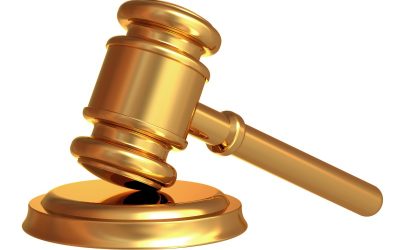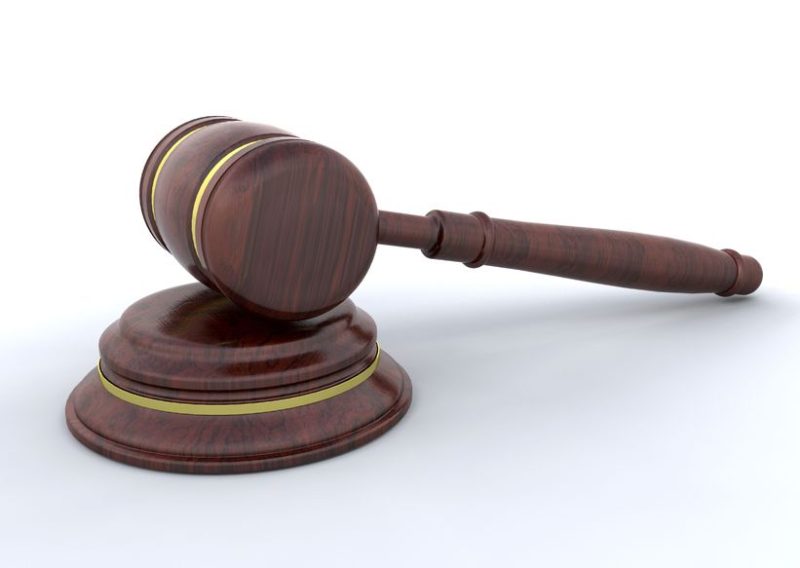There are two very different paths you can take when you’re struggling with debt: debt consolidation vs. chapter 7 bankruptcy. They both have their pros and cons, and the best option for you will depend on your unique financial situation. Here’s a quick overview of each option to help you decide which is best for you.
Debt Consolidation vs. Chapter 7
Debt consolidation is when you take out a new loan to pay off your existing debts. This can be a good option if you’re struggling to make your monthly payments because it can help you get a lower interest rate and lower monthly payment. However, it’s important to note that debt consolidation will not get rid of your debt; it will just make it easier to pay off.
What is Chapter 7?
Chapter 7 bankruptcy is when you liquidate your assets to pay off your debts. This can be a good option if you’re unable to repay your debts and you don’t have many assets to protect. However, it’s important to note that chapter 7 bankruptcy in Tampa will stay on your credit report for up to 10 years and it will make it very difficult to get new credit.
So, which is better for you? It depends on your individual situation. If you’re struggling to make your monthly payments, debt consolidation may be a good option for you. However, if you’re unable to repay your debts and you don’t have many assets to protect, chapter 7 bankruptcy may be a better option. Ultimately, the best option for you will depend on your unique financial situation.
Unfortunately, some debt consolidation firms promise more than they deliver. This is why it’s important to carefully consider your options and make sure you understand what you’re getting in to, regardless of which option you choose. Bankruptcy isn’t always best, but it’s a process overseen by the US court system.



